Indication
This is a variant of the formula developed by Zhu Tian-bi, a physician of the Ming dynastic period (1368 – 1644), which treats Liver Qi constraint with Liver Qi invading the Stomach causing Qi stagnation in the middle Jiao. The original formulation had eighteen herbal ingredients, which may be regarded as ‘overkill’: the same therapeutic goals may be accomplished with fewer herbs in a more focused combination. This variant follows such an approach.
Prolonged stress or emotional strain generally leads to Liver Qi constraint, from which may arise a variety of pathological consequences. In this case, the Liver Qi counterflows ‘transversely’ to invade the Stomach, leading to stagnation of the Qi and disruption of the normal Qi movements of the middle Jiao.
In contrast to the syndrome of Liver Qi invasion of the Spleen, most of the clinical features centre on the upper gastrointestinal tract, as described above. This particular condition tends to occur in patients with a robust constitution and may be regarded as an excess type syndrome because the Liver Qi is overactive. Thus, the Liver (Wood) ‘overacts’ on the Stomach (Earth) and overly restricts it activity, leading to stagnation of the Qi and to some extent the Blood in the middle Jiao.
Clinically it may be used alone for functional disorders of the upper GIT, as described above. Alternatively, it may be used as an adjunctive treatment for the upper GIT disturbances associated with chronic liver, gallbladder or inflammatory lower bowel diseases.
The synergistic actions of the herbs are as follows:
Paeonia root (bai shao), Bupleurum root (chai hu), Cyperus rhizome (xiang fu), Curcuma tuber (yu jin): soothe the Liver and disperse the stagnant Liver Qi.
Corydalis turtschaninovii, rhiz. (yan hu suo), Curcuma tuber (yu jin): activate the Blood and dispel stasis to alleviate pain.
Citrus aurantium, fruit (zhi ke), Citrus medica, fruit (fo shou), Ammomum fruit (bai dou kou): regulate the Qi and harmonise the Stomach to redirect the Stomach Qi downwards.
Paeonia root (bai shao), Glycyrrhiza root (gan cao): soften the Liver and protect the Liver Yin from injury by the other herbs.
Glycyrrhiza uralensis, root (gan cao): harmonises the herbs in the formula (moderates the harsh dispersing properties of the Blood regulating herbs and protects the Stomach).
Indications:
Stress related digestive disorders (e.g. dyspepsia and irritable bowel syndrome)
Flatulence
Gastritis
Duodenitis
Gastroduodenal ulcer
Crohn’s disease
Inflammatory Bowel Disease (e.g. ulcerative colitis)
Chronic liver disease
Hepatic cirrhosis
Chronic cholecystitis
Costochondritis
Signs & Symptoms:
Epigastric pain and distension
Belching, acid reflux, nausea or vomiting
Symptoms brought on or aggravated by emotional strain
Hypochondrial distending pain
Poor appetite, bloating after meals
Irritability, emotional volatility, depressed mood, history of stress
Sense of tightness or oppressive sensation in the chest, the need to make an effort to take a deep breath, sighing
Pale tongue with a white coat
Wiry or slippery pulse
Combinations –
Chronic Liver disease:
YIN CHEN HAO WAN (Jia Wei)
Stomach pain (due to gastric ulcer or gastritis):
XIANG SHA YANG WEI WAN
TCM Syndromes: Liver Qi constraint, Liver Qi invasion of the Stomach.
TCM Actions: Soothes the Liver, harmonises the Liver and the Stomach, regulates the Qi and the Blood to alleviate pain.
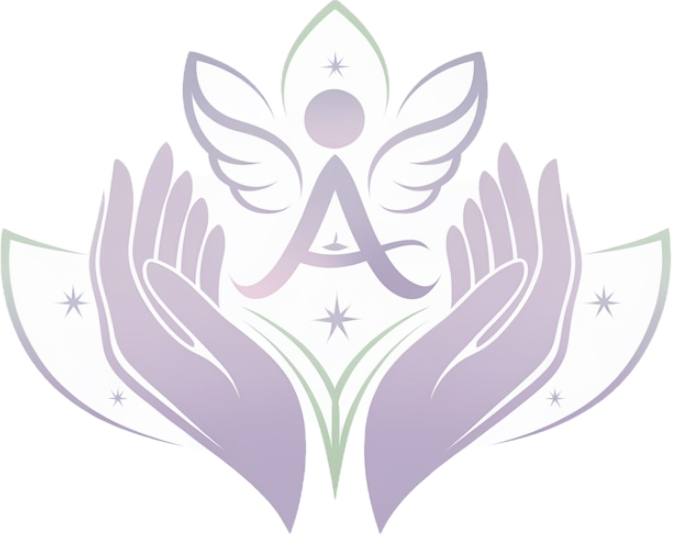
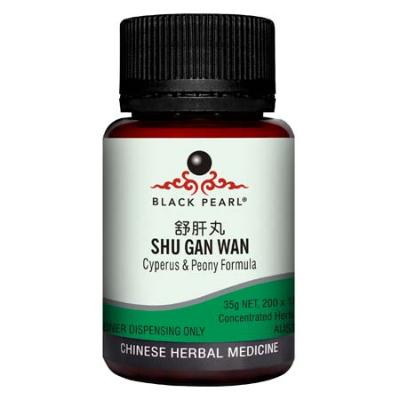
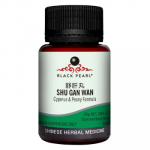
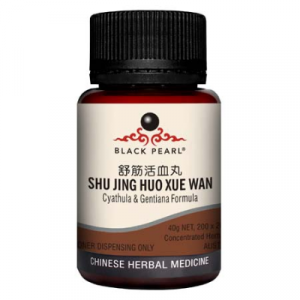

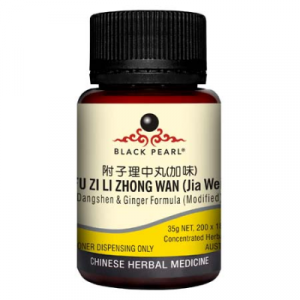
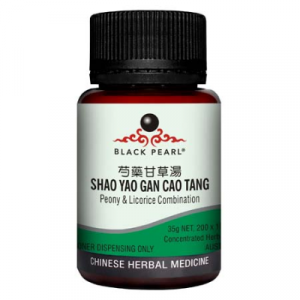
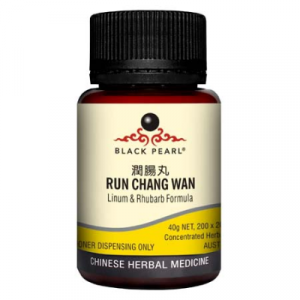
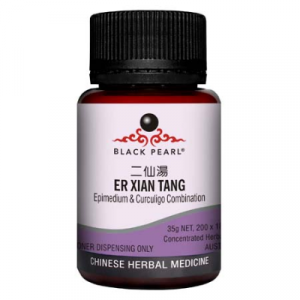
Reviews
There are no reviews yet.